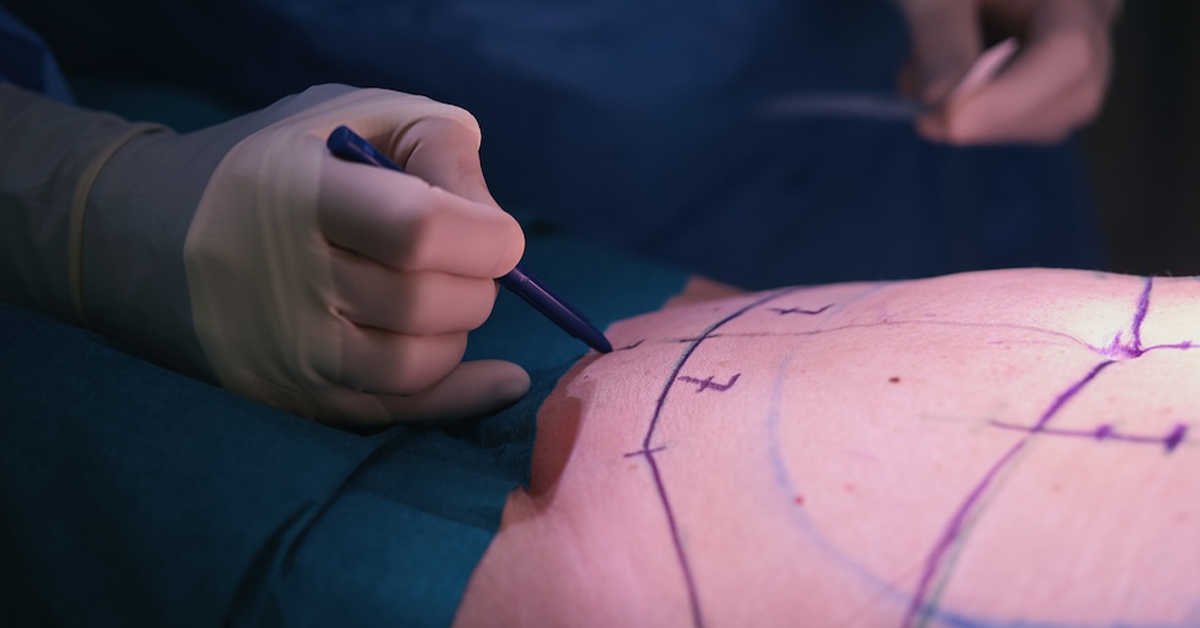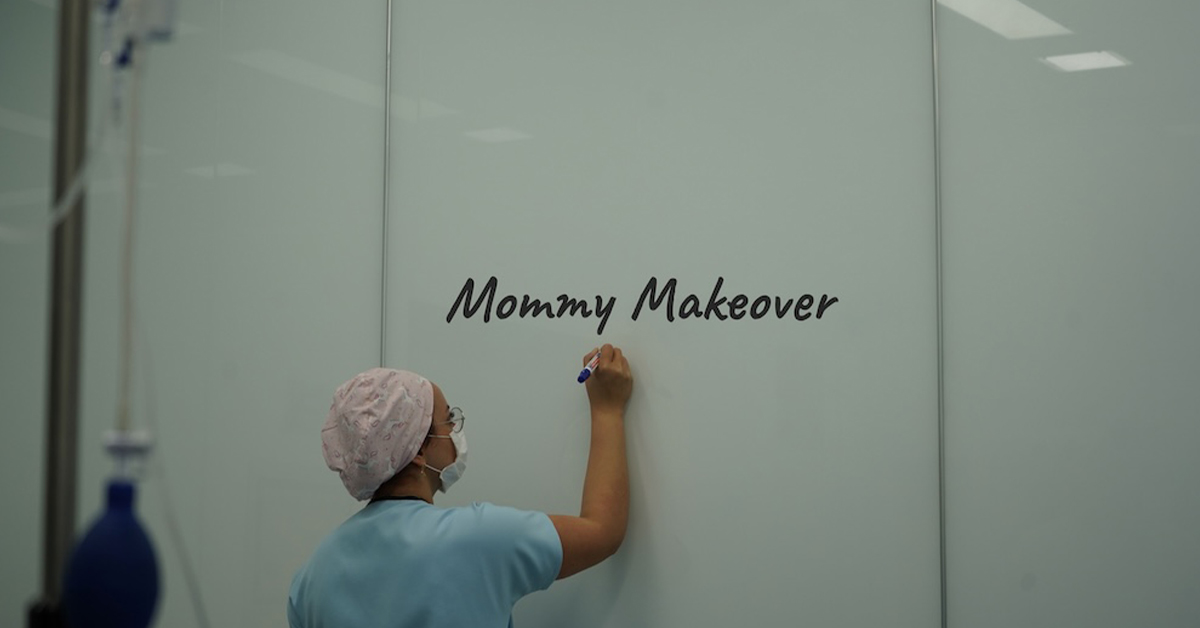What Are the Risks of Breast Augmentation?
Breast augmentation, also known as Augmentation mammoplasty, is a surgical procedure that involves placing implants under the breast tissue or chest muscles to enhance breast size and improve shape. While it can yield satisfying results, it’s important to be aware of the potential risks associated with the procedure.
Understanding Breast Augmentation
Breast augmentation is often chosen by women who wish to enhance their breast size for cosmetic reasons or to restore breast volume lost after weight reduction or pregnancy. The procedure involves various options, including implant types (silicone or saline) and incision placements. It’s crucial to have a thorough understanding of the procedure before deciding to undergo it.
Common Risks and Complications
1. Infection
Infections can occur after any surgery, including Breast augmentation. Signs of infection may include fever, persistent pain, and abnormal discharge. Prompt medical attention and appropriate antibiotics are essential to manage infections effectively.
2. Capsular Contracture
Capsular contracture happens when scar tissue forms around the implant, causing the breast to feel firm and potentially become misshapen. Revision surgery may be required to address this issue.
3. Implant Rupture
Implant rupture, though rare, can lead to deflation or leakage of the implant’s contents. Regular monitoring and follow-up appointments are crucial to detect and address implant ruptures.
4. Changes in Sensation
Augmentation mammoplasty may lead to changes in nipple or breast sensation. These changes can be temporary or permanent and can impact sexual sensitivity.
5. Scarring
Scarring is inevitable after Boob job. Proper care and scar management techniques can help minimize their visibility over time.
6. Anesthesia Risks
Like any surgical procedure, Breast implant involves risks associated with anesthesia, including adverse reactions or complications.
Less Common but Serious Risks
1. Hematoma
A Hematoma is a collection of blood that forms outside blood vessels and can cause swelling, pain, and discomfort. Surgical drainage may be necessary to resolve a Hematoma.
2. Seroma
Similar to a Hematoma, a Seroma is a buildup of clear fluid. It can potentially delay the healing process. Draining the seroma might be necessary in severe cases.
3. Allergic Reactions
While rare, allergic reactions to anesthesia, surgical materials, or implant components can occur. Being aware of any allergies beforehand is crucial.
4. Delayed Wound Healing
Factors such as poor blood circulation or infection can lead to delayed wound healing, increasing the risk of complications.
Long-Term Considerations
1. Implant Longevity
Breast implants are not lifetime devices. They may require replacement or removal due to rupture, leakage, or other issues.
2. Future Surgeries
It’s important to understand that Breast augmentation might not be a one-time procedure. Revision surgeries or implant replacements may be needed as time passes.
3. Breastfeeding Challenges
Breast augmentation might impact breastfeeding. It’s advisable to discuss your plans for breastfeeding with your surgeon before undergoing the procedure.
Minimizing Risks and Ensuring Safety
1. Choosing a Qualified Surgeon
Selecting a board-certified, experienced plastic surgeon is crucial. Research their credentials, read reviews, and ask questions during your consultation.
2. Preoperative Assessment
Undergo a comprehensive preoperative assessment to ensure you’re a suitable candidate for the procedure and to identify potential risk factors.
3. Following Postoperative Instructions
Adhering to your surgeon’s postoperative instructions, attending follow-up appointments, and maintaining a healthy lifestyle can contribute to a smooth recovery and minimize risks.
Conclusion
Breast augmentation can offer transformative results, but it’s essential to weigh the potential risks against the desired benefits. Make an informed decision by thoroughly understanding the procedure, its risks, and how to mitigate them. Consultation with a qualified plastic surgeon is a crucial step in this process.
Breast Augmentation in Miami, FL
To initiate your Breast Augmentation journey in Miami, it’s essential to schedule a consultation with our team. If you’re interested in learning more about the procedure, call us now at (305) 406-9055 or conveniently schedule a consultation online. Our experienced professionals will guide you through the process and address any concerns you may have.







